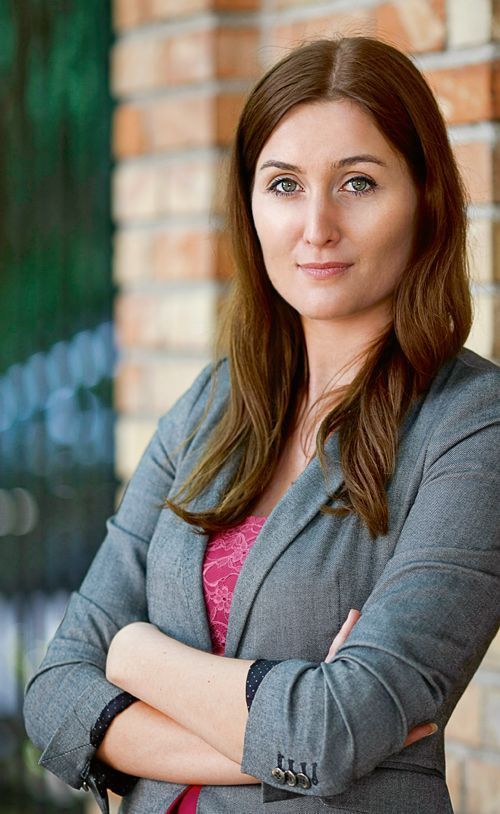The recipe for the ideal city to live in – apart from cultural and geographical differences – is not so complicated. Whether it is the middle of the desert or the Arctic Circle, it should be smart, comfortable and affluent. And that’s basically it – a fact that the city councils who fall over themselves to take part in the increasingly redundant competitions and races for the ‘best’ title often seem to lose the sight of. The tidal wave of rankings for cities that have the best universities and colleges, the lowest taxes and the most efficient local transport, washed over us a long time ago and no longer grabs our attention. For the media, such league tables are very much yesterday’s news. So now there is the more specialised but straightforward slugging it out for the prestigious titles of the most student-friendly, ski-friendly, pedestrian-friendly, marathon-friendly, beer lover-friendly, parent-friendly, non-parent-friendly and even high heeled woman-friendly urban cent





























































